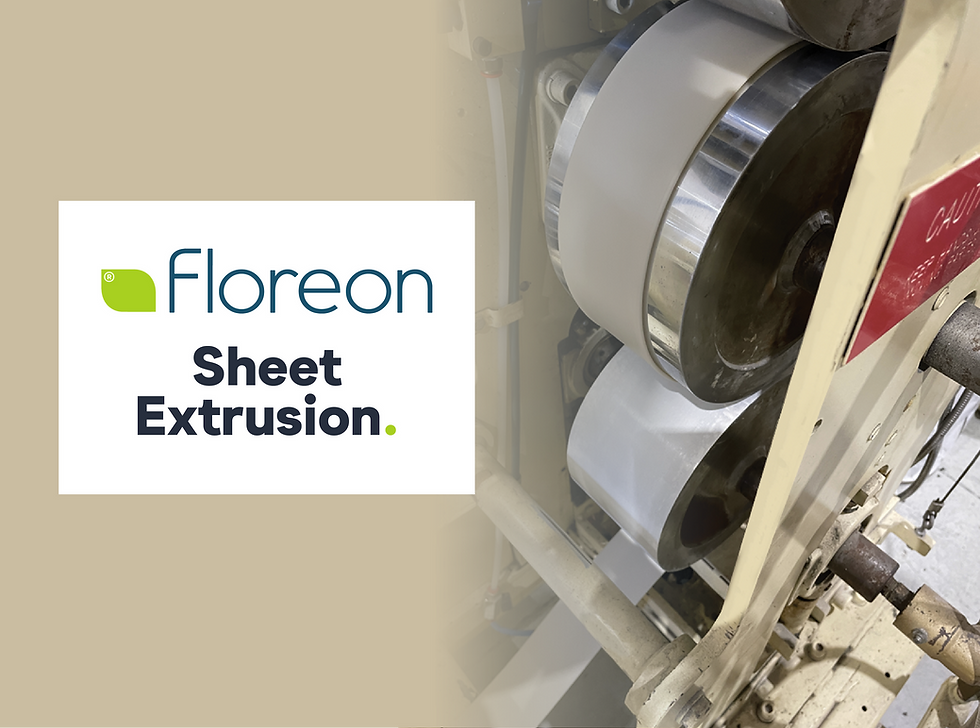3 major toy companies that are going green
- Alison Evans

- May 28, 2021
- 1 min read
The toy industry is arguably the most plastic-intensive industry in the world. Tonnes of oil-based plastics are used to produce new toys each year, and understandably, parents are crying out for change. Some are concerned about claims of harmful toxins in oil-based plastics, others are simply environmentally conscious.
Responding to this change in demand are three major players in the toy industry, setting an example for other brands.

Lego
Lego is said by some (notably Greenpeace) to have led the way for sustainability drives in toy. In 2019 Lego launched its ‘Treehouse’ set featuring bricks made from a plant-based plastic derived from sugarcane. Moreover, Lego bricks will exclusively be made from sustainable sources by 2030.
Mattel
In the middle of May, Mattel announced a new sustainability scheme of theirs which allows consumers to return old toys from Mattel's Barbie, Matchbox and Mega brands to the manufacturer. The toys will be cleaned before being turned into plastic granules for the production of new products.
Hasbro
Rival company Hasbro aim to eliminate plastic from its packaging, specifically by reducing the use of polyethylene bags, elastic bands and blister films by 2022. Further to that, Hasbro will halve its production of waste, reduce its water use by 15% and reduce its greenhouse gas emissions by one fifth by 2025.
As our high-performing bioplastic is suitable for toys, we hope this means new challenges and opportunities for Floreon in the near future. All the while, the team are happy to see brands taking their responsibility to the environment increasingly seriously.



Comments